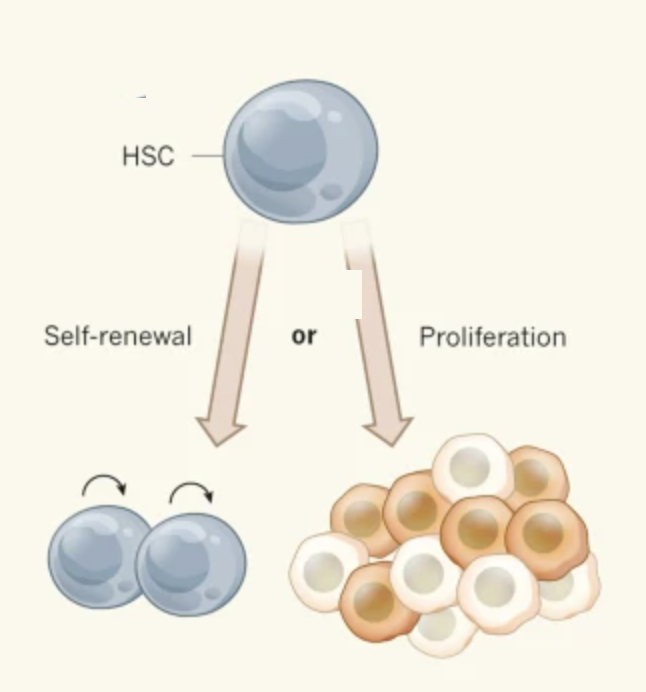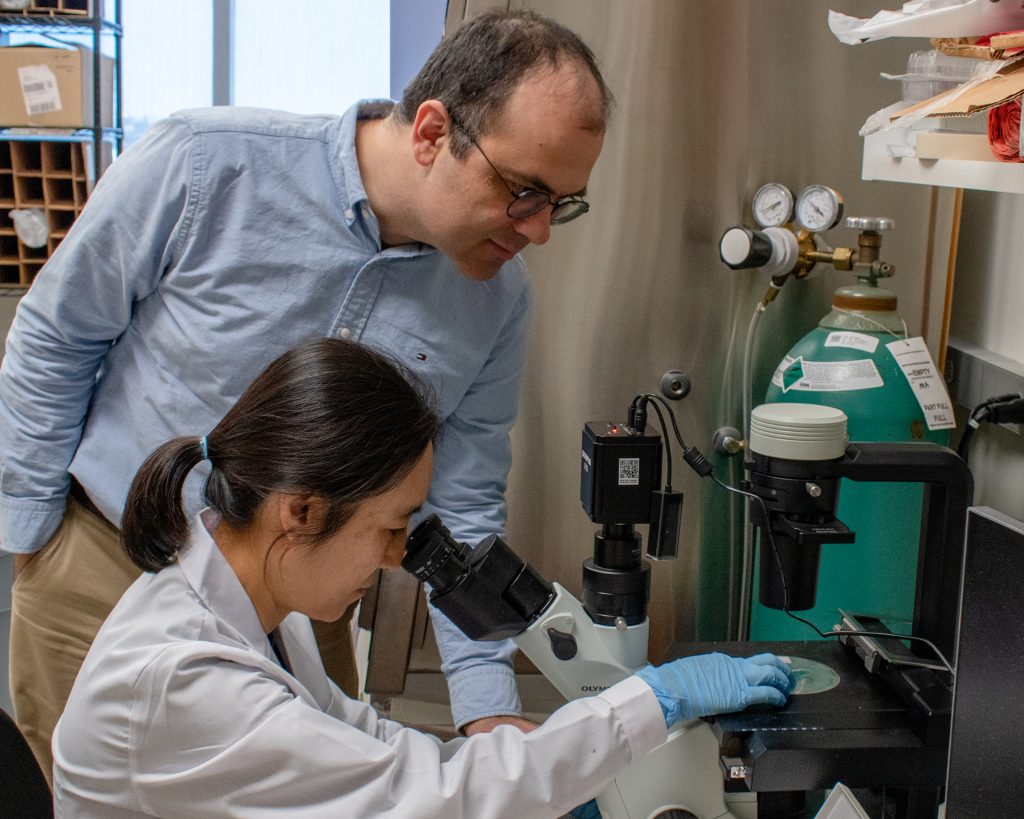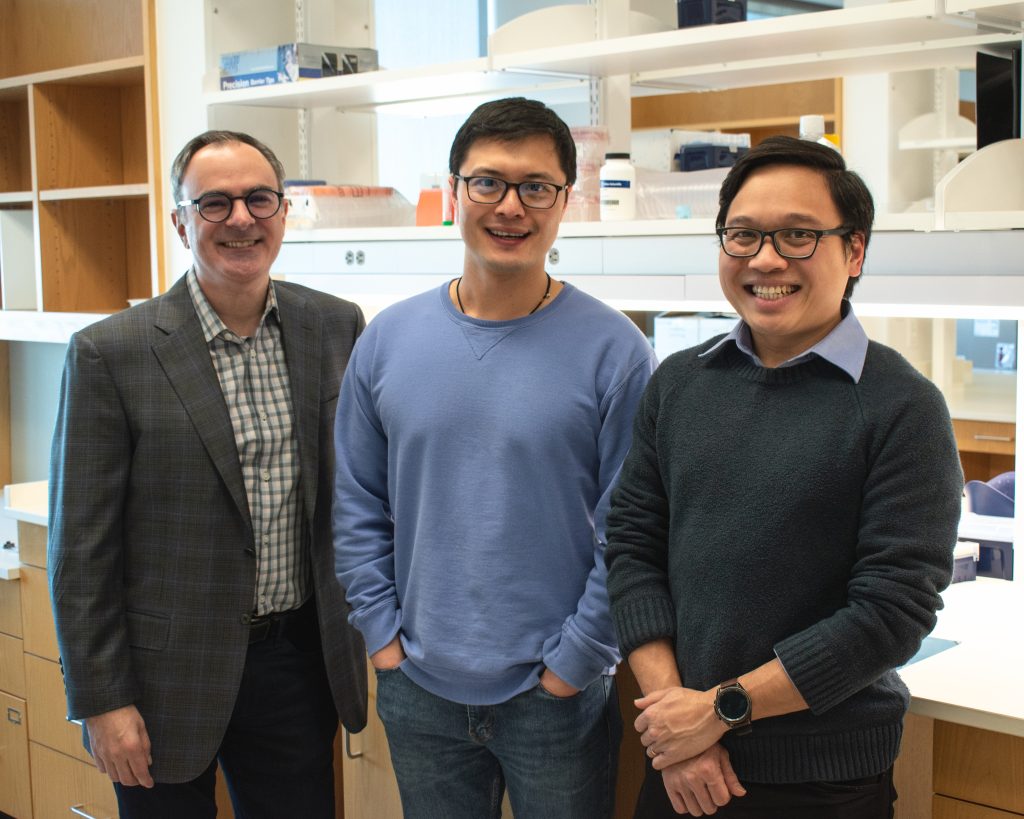
When a stem cell divides, it can either produce differentiated cells or self-renew to produce more stem cells. Because stem cells are thought to be the cells of origin for many types of cancer, understanding what controls this decision has become a central question in stem-cell and cancer research. During the formation of mature blood cells from haematopoietic stem cells (HSCs), these processes are often diametrically opposed: blood cells are produced through a hierarchical process of proliferation and differentiation, often at the expense of the stem-cell ability to self-renew. But how is this decision altered when a stem cell acquires a cancer-driving mutation? Previous studies have shown that mutations that increase the proliferation of HSCs tend to reduce the cells’ potential for self-renewal. But on page 143 of this issue, Li et al., report that HSCs harbouring an activating mutation of the protein Nras show not only enhanced proliferation but also enhanced self-renewal.
Continue reading at Nature.



